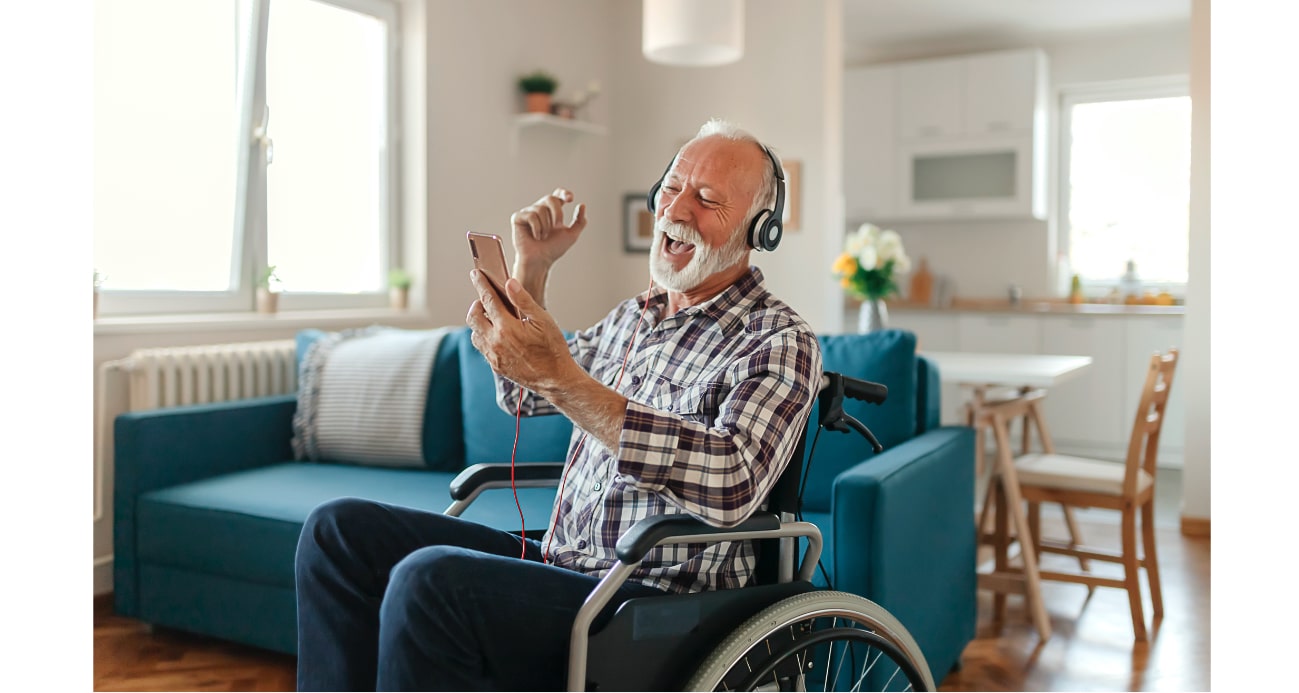What is osteoporosis?
Often referred to as a silent disease, osteoporosis weakens the bones of an individual to the point where they can break easily, and often that is the first sign of the disease. Sometimes, the bone can become so weak or brittle that even coughing can cause a fracture of bone.
Though the bones lose strength slowly over time and with age, seniors may not notice any visible changes. Most often the bones affected are those of the spine, hip, and wrist. For seniors receiving elder care at home, it is important to know their risk factors and to use caution when lifting and doing strenuous movements to prevent bone breaks and fractures.
Why does it happen?
Our bodies break down old bone and replace it with new bone to keep us strong, but over time, bone begins to break down more than it is replaced as bone mass stops increasing.
Who is at risk?
Osteoporosis is most common in the elderly, especially in elderly women, although it can strike at any age. People of White or Asian descent are also more likely to develop the disease, as is anyone with a parent or sibling with osteoporosis.
People with smaller body frames may have a higher risk as well because they may have less bone mass to draw from as they age.
If you have an overactive thyroid or take too much thyroid medication to treat an under-active thyroid, it can cause bone loss. Other medications known to lead to bone loss or weakening are oral and injectable steroids used long-term, which can interfere with bone rebuilding. Medications used to treat seizures, cancer, gastric reflux, and transplant rejection has also been associated with osteoporosis.
People with certain medical conditions may be at higher risk:
- Celiac disease
- Inflammatory bowel disease
- Diseases of the kidney or liver
- Cancer
- Lupus
- Multiple myelomas
- Rheumatoid arthritis
Can it be treated?
Calcium and vitamin D supplements can be prescribed by your senior’s doctor, but if that isn’t enough, drug treatments may be required to reduce the risk of broken bones and fractures due to osteoporosis. Treatments have been shown to reduce the risk of hip fractures by up to 40%, and for vertebral fractures, between 30-70%.
For your parent or loved one receiving elder care in their home, make sure that they use caution around the home, and limit tasks requiring heavy lifting or doing things that increase their risk of falling. Talk to their health care practitioner to see what you can do to be proactive about bone loss, and have them screened for any effects of osteoporosis that they may already be experiencing. For seniors in elder care, falls resulting in broken bones or fractures can be devastating, so it is important to understand the risks and to take all of the necessary precautions so that they can remain safe at home.
Source:
https://www.nia.nih.gov/health/osteoporosis
https://www.mayoclinic.org/diseases-conditions/osteoporosis/symptoms-causes/syc-20351968
https://www.iofbonehealth.org/treating-osteoporosis
If you or an aging loved one is considering elder care in Elizabeth, CO, please contact the caring staff at SYNERGY HomeCare today at 303-953-9924.

